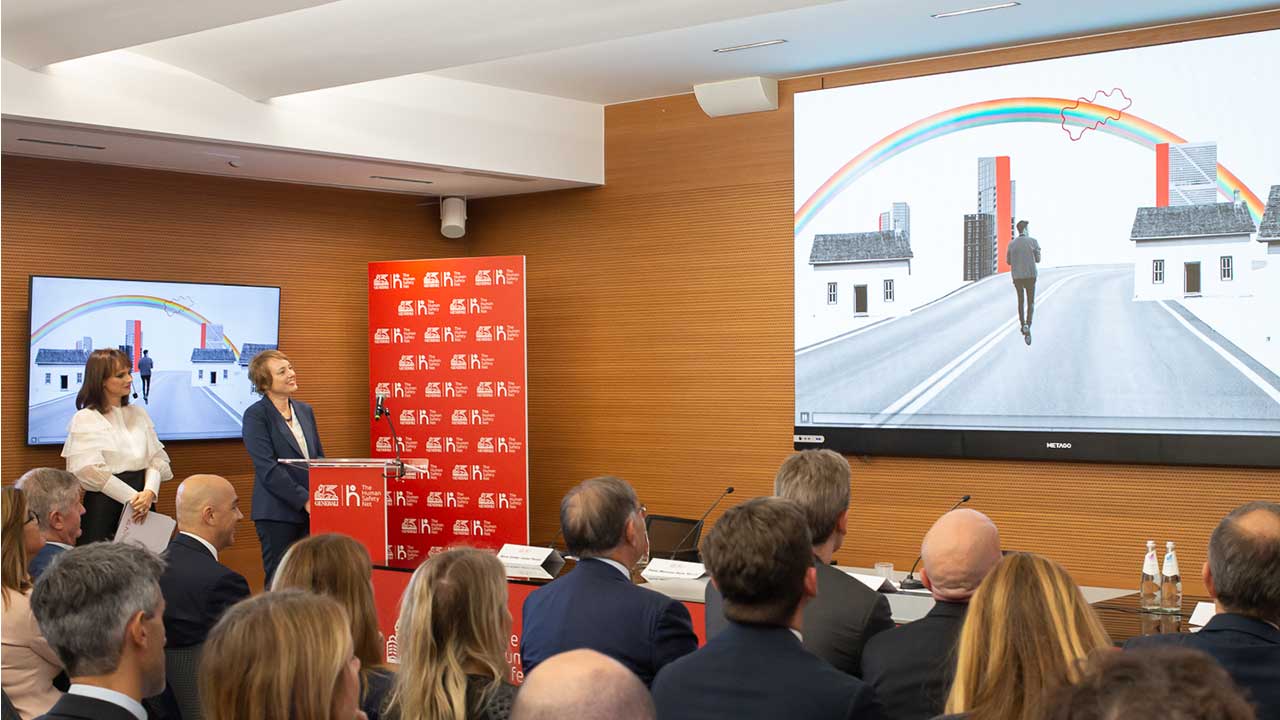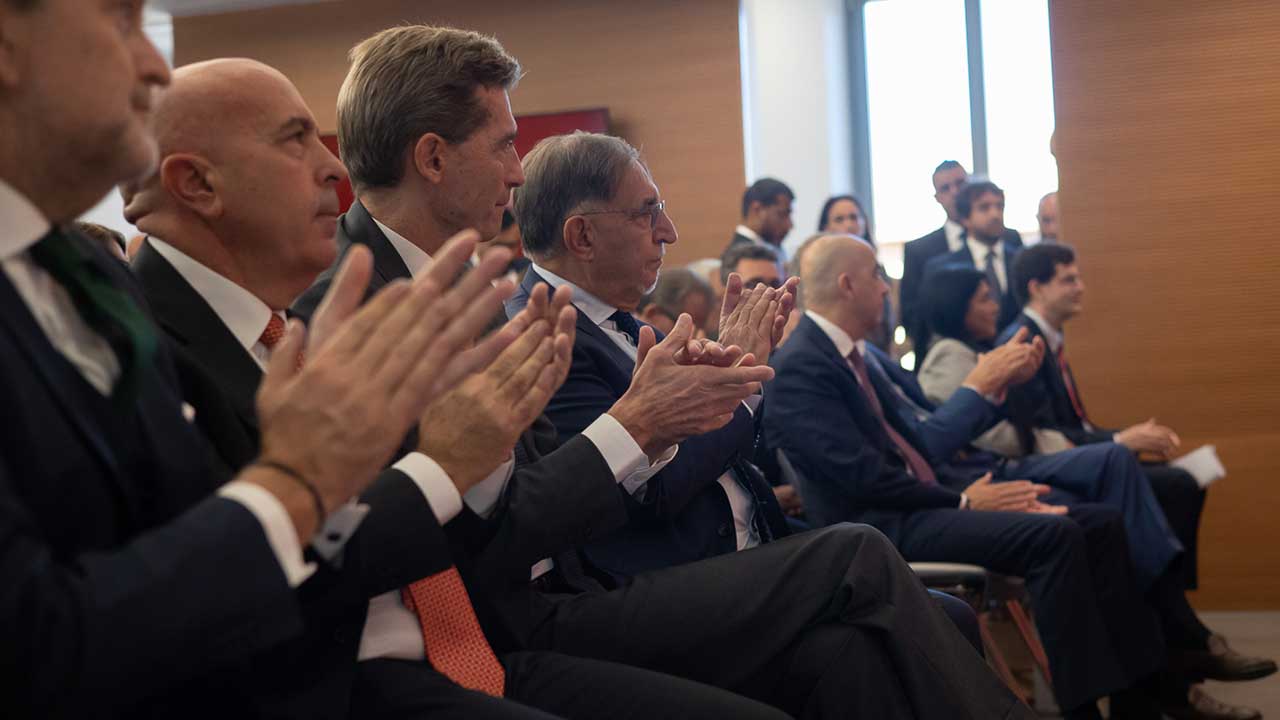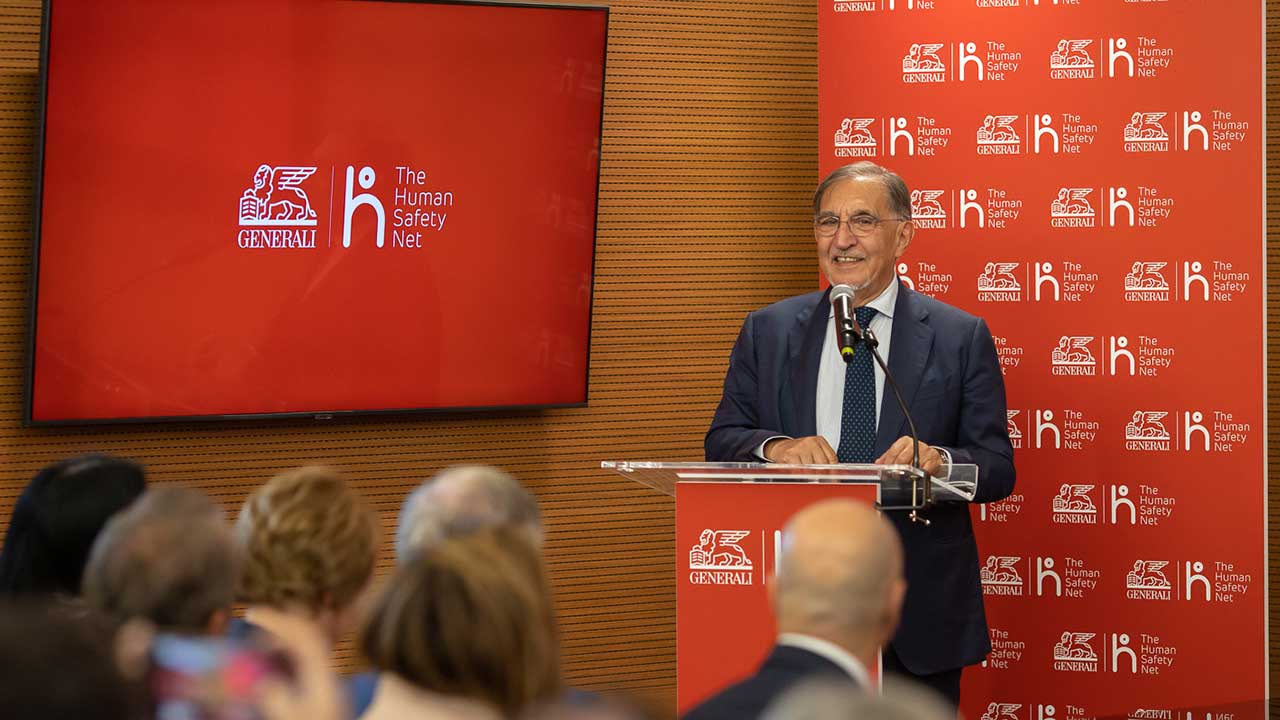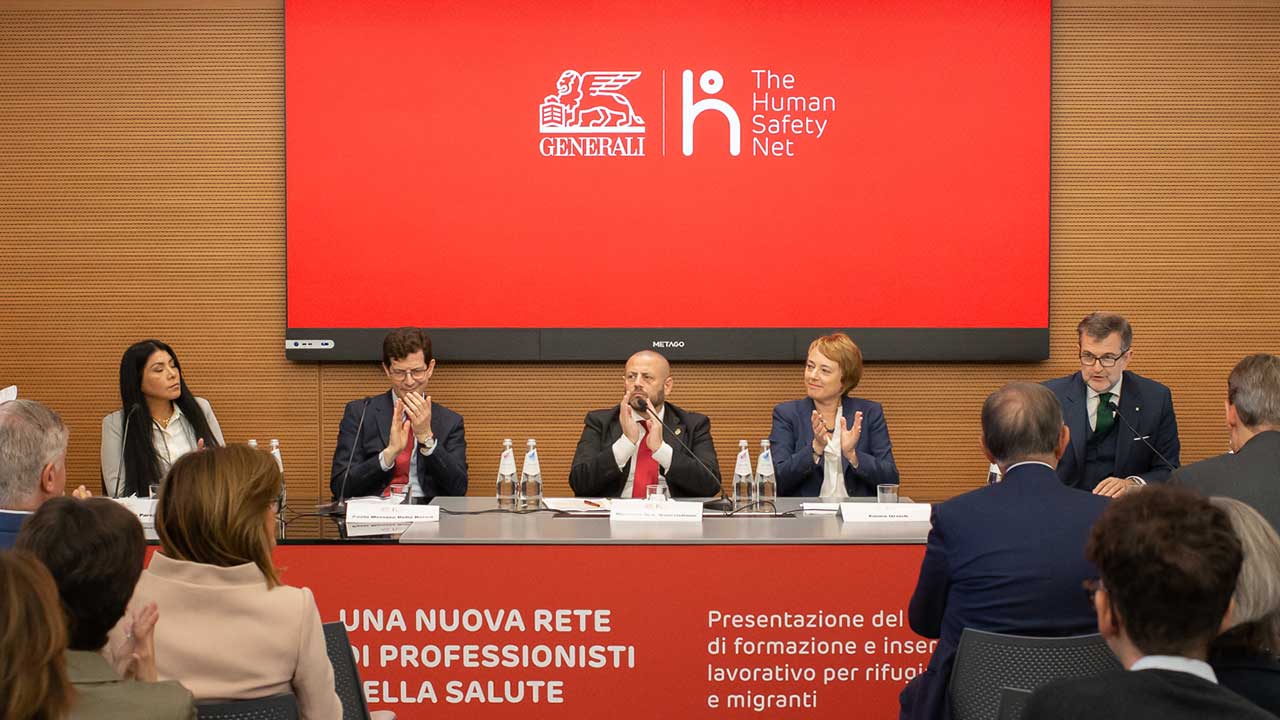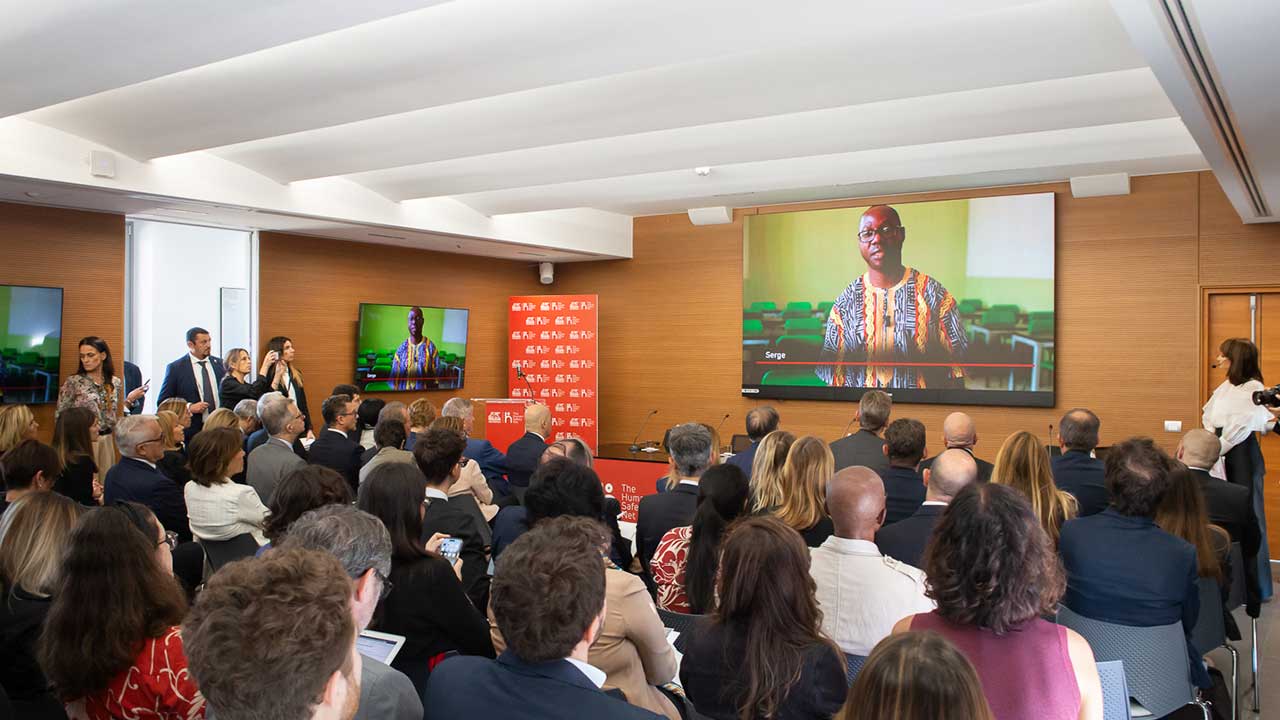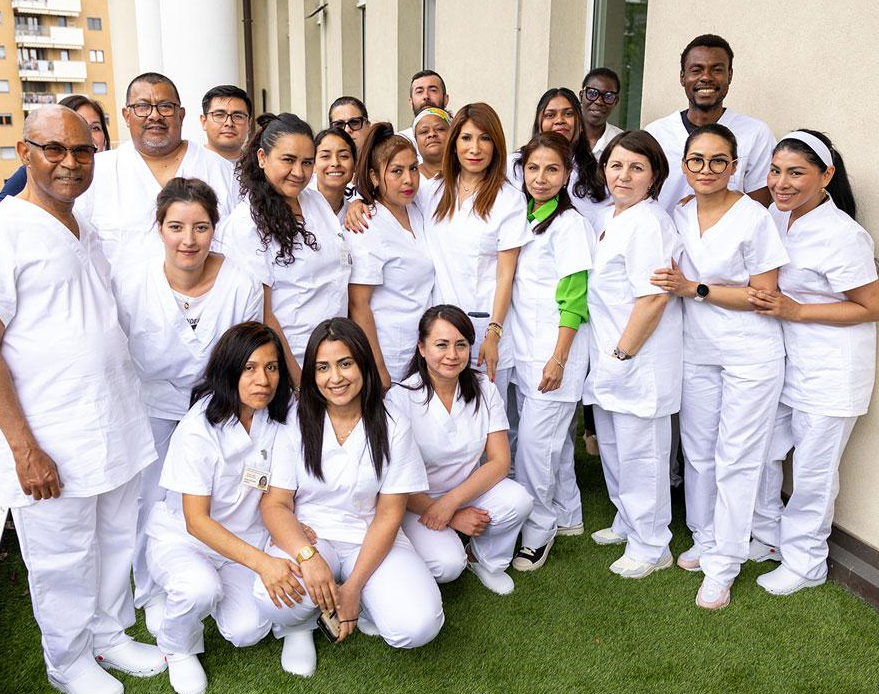In Italy, individuals over 65 years old represent 24% of the population, a figure expected to increase by 10 points by 2050. There are approximately 1.2 million professional caregivers in the country, a number that does not meet the sector’s growing needs for qualified personnel. At the same time Italy is home to 5 million foreign citizens, over 3 million of whom are non-EU nationals. Between 2021 and 2022, there was a 556% increase in asylum and international protection requests.
In this context, the initiative aims to address the country's need for qualified health and care professionals capable of supporting the challenges posed by demographic changes. It also seeks to create job opportunities for those arriving in Italy in search of a new life. Participants can choose between two different training paths to become family caregivers, or socio-health operators. Additionally, students receive support in learning the Italian language, recognizing the necessary educational qualifications for obtaining professional certifications, and placement in healthcare structures, including hospitals, clinics, and nursing homes.
The project, which started in January 2024 and will conclude in June 2026, currently has over 100 beneficiaries in the internship phase following a classroom training. Since 2019, more than 1,200 refugees have been trained, and 470 have been employed thanks to the projects in Italy.
The initiative aims to create a model that can be extended and replicated in other Italian regions. It relies on the collaboration of entities engaged in the world of reception and professional training capable of creating inclusive paths: NGOs, organisations offering training, and healthcare structures nationwide. Specifically, the project is supported by the Milan Committee of the Italian Red Cross, the Community of Sant'Egidio, and the Communitas Consortium. Training institutions and employment agencies involved include ACOF Olga Fiornini, ASCOLOM, Randstad HR Solutions, Galdus Formazione, ASL Roma 1, and Umana SpA. Finally, the project evaluation is coordinated by the Politecnico di Milano Foundation with the support of TIRESIA, a research center on social innovation.

en
it


